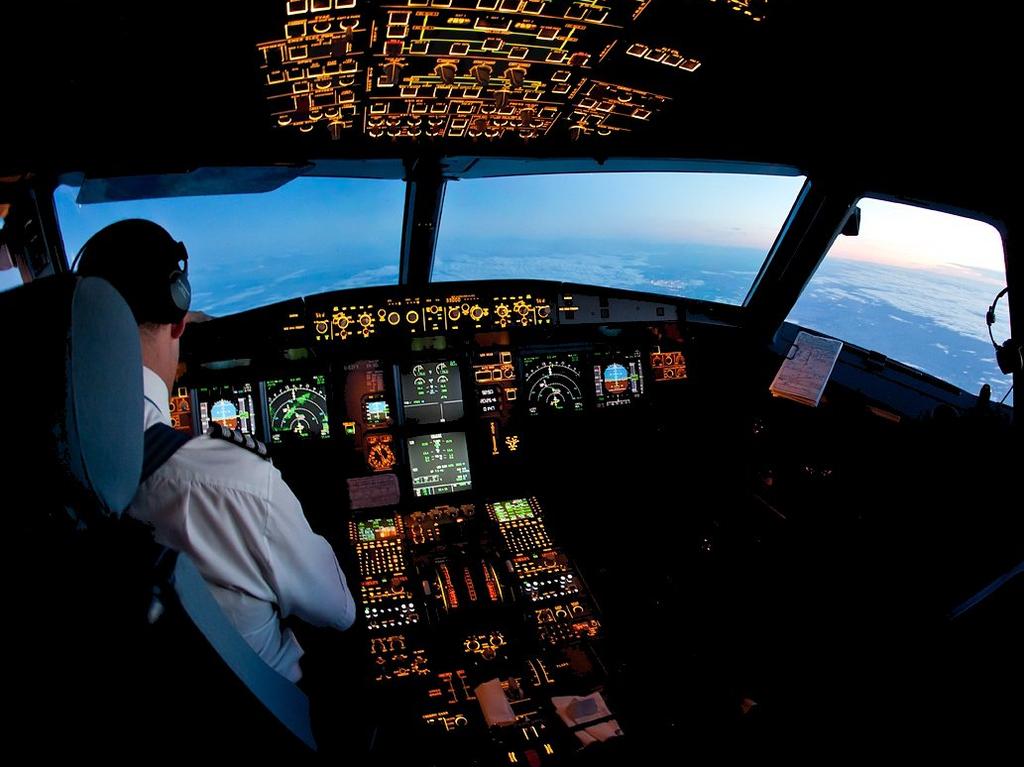We take the lead in global air traffic control revolution
From international travel to home drone deliveries, air traffic control is undergoing a revolution.

From international travel to home drone deliveries, an Australian-made satellite system is set to revolutionise the way aircraft are tracked and controlled in a space race that has put us on the map.
Five Skykraft satellites were launched at 1.56am Thursday from Cape Canaveral Space Force Station in Florida.
At 300kg, the satellites weigh more than the total mass of all Australian-built space objects ever launched. Over the next two years, Skykraft hopes to launch some 200 more.
It’s part of an ongoing project by the Canberra-based company to develop the world’s first global air traffic control system that will eliminate aviation “dead zones”. “The problem is that the infrastructure for communicating with pilots is based on the ground and that has a limited range of no more than 400km,” Skykraft CEO Michael Frater told The Australian. “So there’s a lot of areas where there’s no coverage – black spots – in the middle of oceans.

“Even in outback Australia there are significant areas where there’s no coverage, and that can be a safety issue, especially for small airports that have less traffic control than at the major airports.”
But with the new satellite system, air traffic controllers will not only be able to maintain accurate readings of an aircraft’s location, but will also get clear and immediate communication with pilots.

“Aircraft can take more efficient routes because they can be tracked more closely – so there’s an environmental benefit with aircraft burning less fuel,” Mr Frater said.
In worst-case scenarios such as the disappearance of flight MH370, flights are tracked more closely and alert responses can be triggered almost immediately in the event of emergencies.
“For something like the MH370 … the minute a pilot switches off a transponder or a plane stops transmitting their position, our system would detect that immediately,” Mr Frater said.
Skykraft will monitor the five satellites now in orbit in a three-month testing period before the technology can be approved for use by Airservices Australia as part of the company’s strategy to transition to space-based services. Mr Frater said the need for targeted space-based monitoring systems will be especially important as drone technology evolves.
“It will especially be important within the next 10 years because there’ll be a larger number of aircraft, including drones, that we’ll need to deal with,” he said.
Amaani Siddeek





To join the conversation, please log in. Don't have an account? Register
Join the conversation, you are commenting as Logout